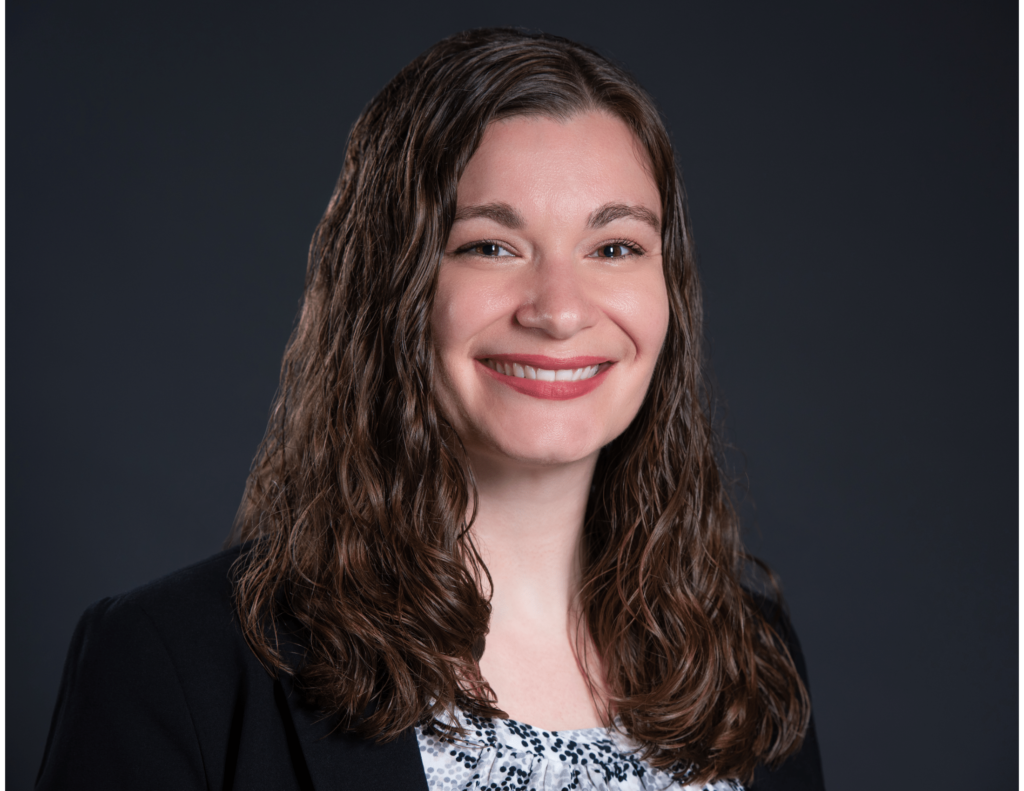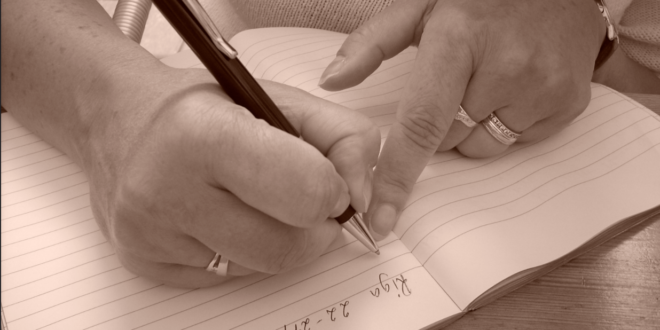Consumers spend close to a billion dollars on self-improvement books each year. On the one hand, the wide popularity of self-improvement books offers tremendous opportunity. Millions of people struggle with anxiety, stress, and worry each year, but few are able to access the evidence-based psychotherapies that successfully target these problems. Countless barriers prevent people from receiving the best available psychological help they deserve – mental health stigma, cost of services, limited access to transportation and childcare, and a shortage of trained providers. While not the best option for everyone, self-improvement books could be one method of reducing unmet mental health needs.
Unfortunately, there is a large gap between self-help books readily available to consumers and mental health treatments studied in randomized controlled trials. Researchers estimate that only about 5% of commercially available self-help books have been empirically studied. Few resources exist to guide consumers in their search for a book that might offer effective solutions to their current problems. The Association for Behavioral and Cognitive Therapies has a searchable site of self-help books that is available to consumers, but it is certainly not as popular as Oprah’s Book Club List. Research on effectiveness of commercially available self-help material as it is used by the typical consumer is sorely needed.
As a preliminary step in this direction, we examined the effectiveness of Worry Less Live More: The Mindful Way through Anxiety Workbook which was adapted from an in-person acceptance-based behavioral treatment (ABBT) for generalized anxiety disorder or GAD. GAD is characterized by excessive, chronic worry across many life domains (e.g., work, finances, relationships, health) that is experienced as distressing and uncontrollable. People who struggle with GAD are constantly braced for what could go wrong. Living in this constant state of preparedness for threat is exhausting, it interferes with concentration and sleep, and often leaves people feeling like a spectator in their own lives. Even people who struggle with only a subset of worry-related problems, and not full-blown GAD, report significant distress and diminished quality of life.
In this study, 73 people struggling with worry and related concerns were randomly assigned to either receive the workbook immediately or after 11 weeks on a waiting list. Despite the fact that only about 1/3 of those who received the workbook read it in its entirety, those in the workbook condition described significantly greater reductions in worry and generalized anxiety compared to those in the delayed condition. Given the high unmet mental health needs in society, the popularity of self-help books, and the potential they offer to provide cost-effective interventions to people who may not otherwise access mental health care, more research on this topic is clearly indicated.
Read the full paper: Serowik, K. L., Roemer, L., Suvak, M., Liverant, G., & Orsillo, S. M. (2020). A randomized controlled pilot study evaluating Worry Less, Live More: The Mindful Way Through Anxiety Workbook. Cognitive Behaviour Therapy. doi: 10.1080/16506073.2020.1765858

Photo by: Fredrik Rubensson
 Cognitive Behaviour Therapy A peer reviewed, multidisciplinary journal devoted to the application of behavioural and cognitive sciences to clinical psychology and psychotherapy.
Cognitive Behaviour Therapy A peer reviewed, multidisciplinary journal devoted to the application of behavioural and cognitive sciences to clinical psychology and psychotherapy.




